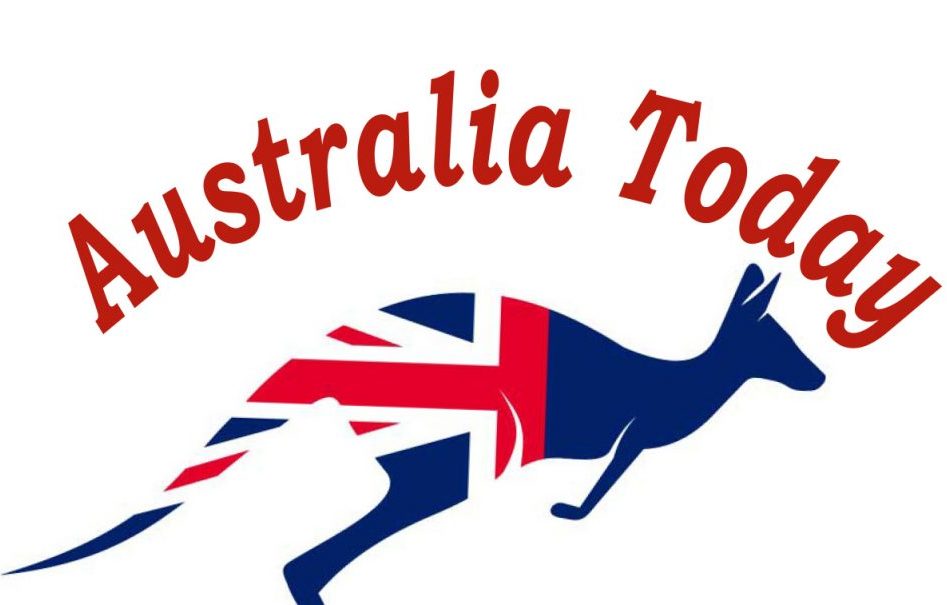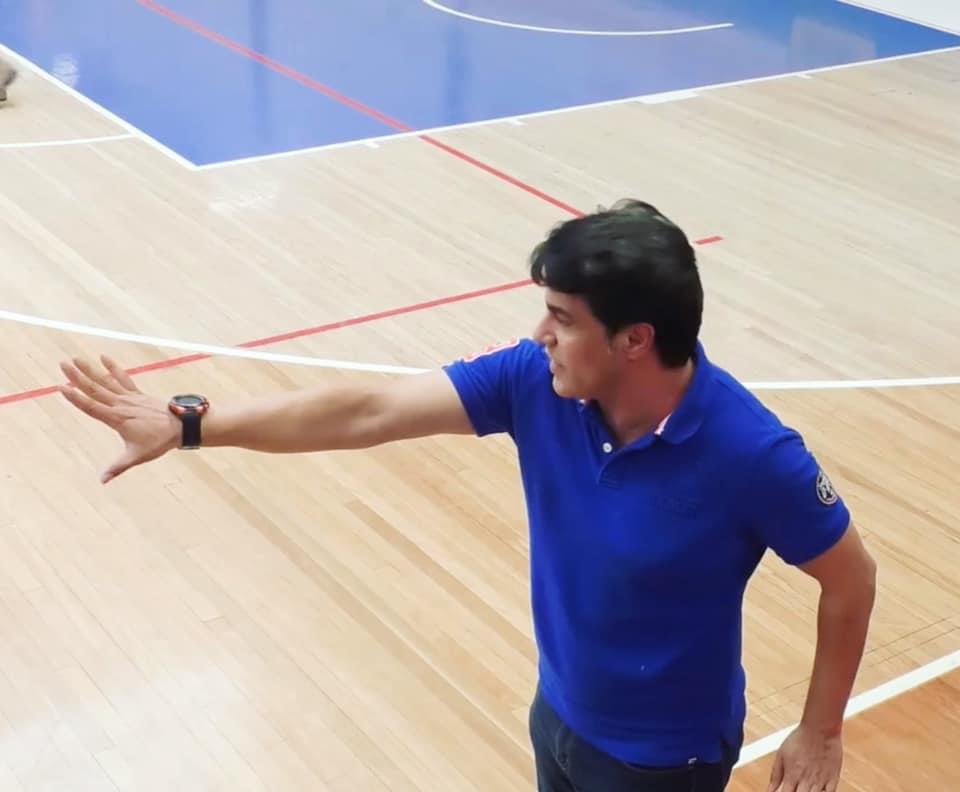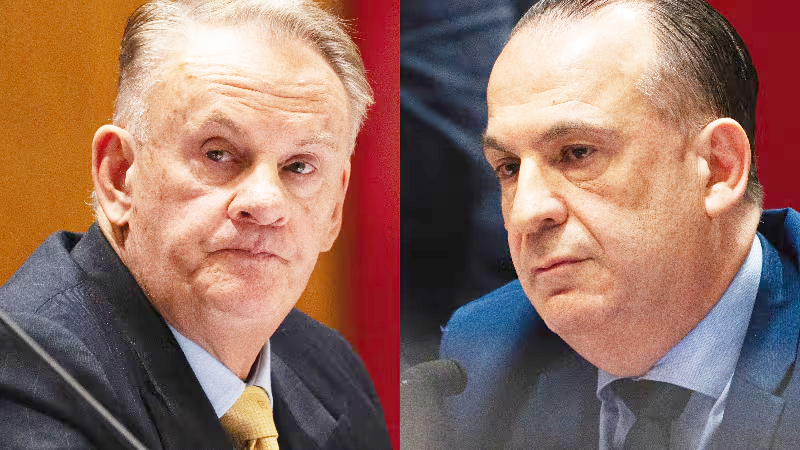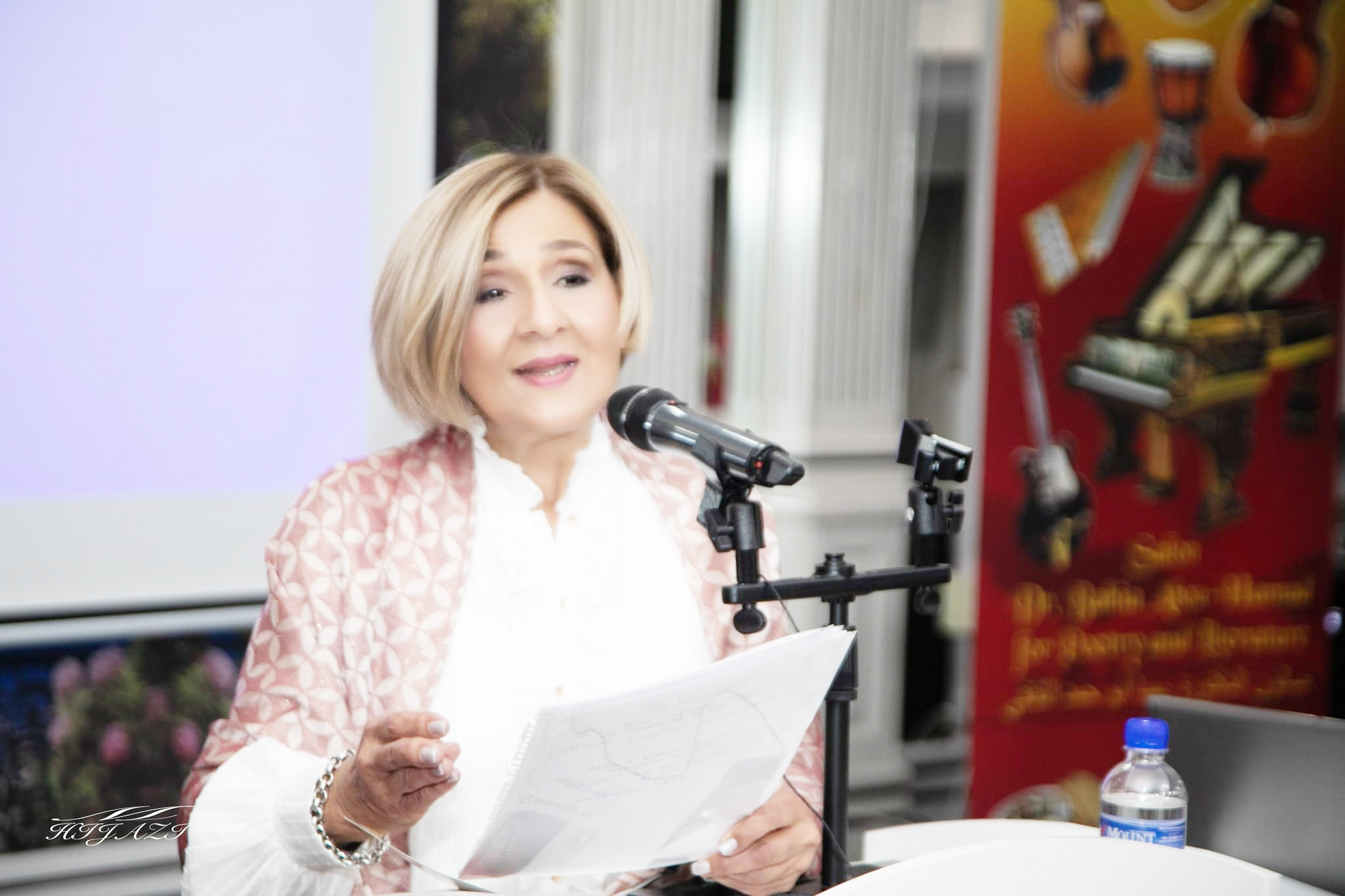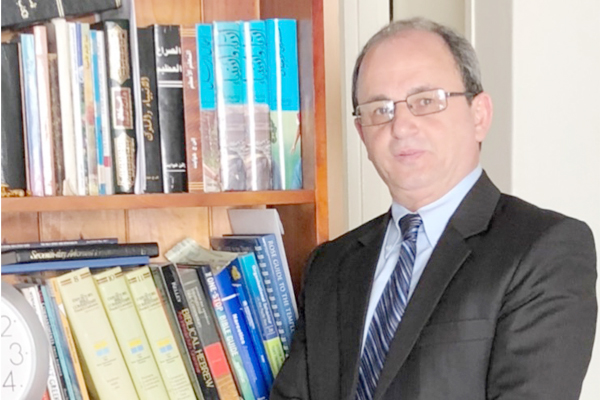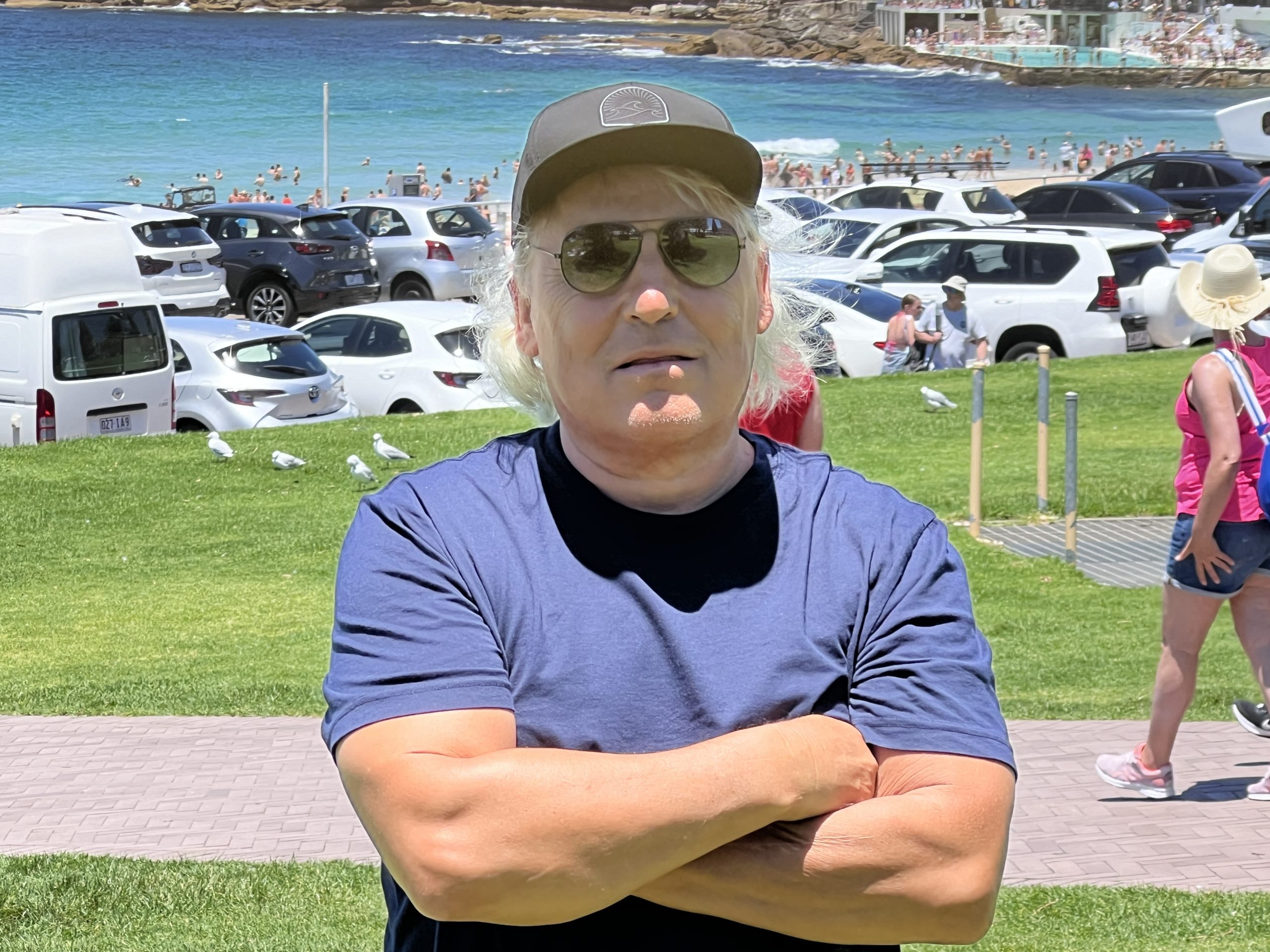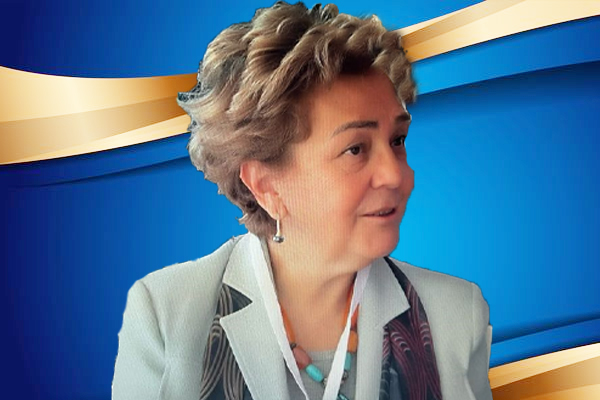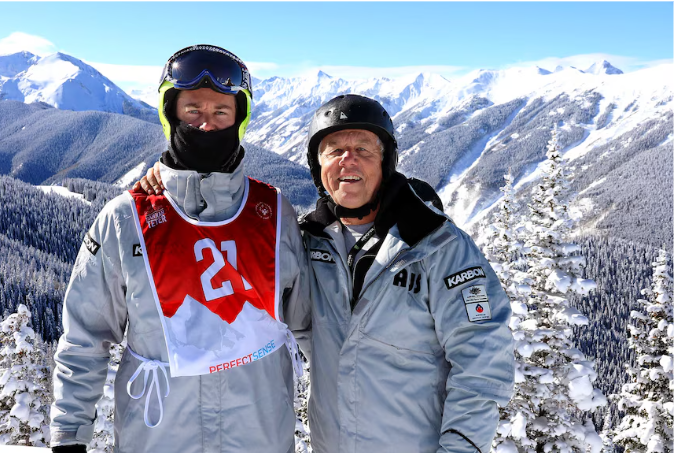
Alpine skier Lauren Kerjan feels like a superhero in her racing suit. From the protective helmet to the goggles, skis, and poles that propel her down the slopes, the 31-year-old is more than ready for her debut at the Special Olympics World Winter Games.
“I’m very excited. I know I’ll enjoy the experience,” she said.
Kerjan comes from a strong skiing background—her grandfather was a cross-country skier, and her family introduced her to the slopes when she was just four years old.
“I got to ski with kids my age. I went to ski school every year,” she said.
Her passion for the sport has now taken her to the global stage. This weekend, she joins the largest Australian team ever sent to the Special Olympics World Winter Games, held in Turin, Italy.
A Historic Team
Australia is sending 14 athletes, including six women, to compete. Kerjan secured her place in the squad after winning her category at the national championships last July.
“I’m proud and lucky to be selected to represent Australia,” she said.
The Games will feature 1,500 athletes from 102 countries, competing in eight sports: alpine skiing, cross-country skiing, DanceSport, figure skating, floorball, snowboarding, snowshoeing, and short track speed skating. Australia will compete in alpine skiing and snowboarding, with events beginning on March 11.
Kerjan is aiming high.
“Hopefully, I’ll get a gold medal,” she said. “But if I don’t medal, I just want to appreciate being there and giving it a go.”
She is also excited to cheer on her teammates, including Craig Muhlbock, who will showcase his skills in snowboarding.
“I’m excited to be part of the team and to be a good team supporter,” she said.
Experience Over Expectations
The Special Olympics World Games, like the Olympics and Paralympics, alternate between Summer and Winter editions every two years. Unlike traditional competitive events, the Special Olympics focuses on inclusion, participation, and personal achievements for athletes with intellectual disabilities.
For Craig Muhlbock, this will be his third time representing Australia in snowboarding at the Winter Games—a milestone no one else on the team has achieved. Muhlbock has previously won three silver medals and is now determined to claim gold.
“Hopefully, I get a medal. Let’s see how far I get,” he said.
His father, Peter Muhlbock, is an assistant coach for the team and has been involved with Special Olympics for as long as his son has been playing sports.
“What sets Special Olympics apart is that we invite athletes of all ages and abilities to participate, regardless of how fast they can run or swim,” he said.
Australia’s team does not have a set medal goal. The focus is on personal growth, improving results, and doing their best on the day.
“As far as expectations for Italy, there are no expectations,” Peter Muhlbock said. “We are competing against strong nations like the U.S., Canada, Japan, and the European countries.”
Training has been a challenge, with Australia’s athletes preparing for the Winter Games during the summer months. Many rely on alternative fitness activities—football in Craig’s case and cardio exercises in Kerjan’s—to stay in shape.
Overcoming Financial Hurdles
Despite funding from the Australian Sports Commission, many athletes must self-fund their trips to international competitions. This financial burden sometimes forces athletes to decline opportunities to compete.
“Occasionally, some athletes will say no to traveling for this reason,” Peter Muhlbock said. “So, funding could always be better.”
But for those who do make the journey, the rewards go beyond medals. The Games offer a chance to travel, gain independence, and experience life beyond home.
Building Confidence and Community
The impact of the Special Olympics extends far beyond competition. It builds confidence and friendships for athletes like Kerjan and Craig Muhlbock.
“Craig is a bit shy, but being strong at sports has made him more confident,” Peter Muhlbock said. “We love that he’s doing something he genuinely enjoys.”
With the largest Australian team ever at a Special Olympics World Winter Games, there is hope that awareness of the movement will grow in Australia.
“There are thousands of people in Australia with an intellectual disability who probably don’t even know about Special Olympics,” Peter Muhlbock said. “I would encourage families to get involved and see if it suits their child.”
The Special Olympics World Winter Games run from March 8 to 15 in Turin, Italy.
